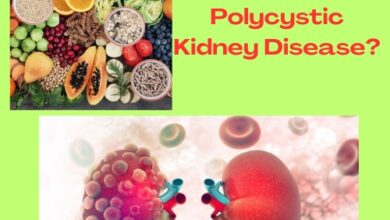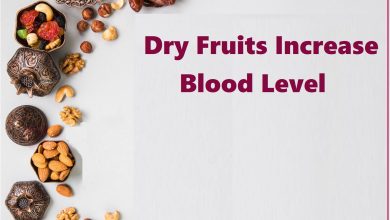Are Diet Supplements Safe?

Many people doubt about the safety and effectiveness of diet supplements. While asking, “Are diet supplements safe?” is a valid question, the answer mostly depends on a number of factors about both the diet supplement and your personal health. When evaluating the safety of diet supplements, it is important that you take your overall health image into account.
Types of Diet Supplements
In 33 states across the US, the prevalence of obesity is higher than 25%, showing an important rise in obese Americans in the past 20 years. Other Western countries have experienced like rapid rises in the frequency of obesity. With that in mind, many consumers seek to assert control over their weight by taking several kind of a diet supplement. Manufacturers have complied, and the marketplace is common with products that claim to be a weight loss panacea some of the types of diet supplements you might find making claims to improve weight loss include:
- Carb blockers
- Fat burners
- Herbal formulas
- Metabolic enhancers
- Appetite suppressants
Ingredients
It seems like every year a new “miracle” component comes along that manufacturers argue will melt the pounds without effort. Several of the ingredients you might see in diet supplements include:
- Hoodia
- Chitosan
- Psyllium
- Glucomannan
- Bitter orange
- L-carnitine
- Chromium
- Caffeine or guarana
- Garcinia Cambogia
- Conjugated Linoleic Acid
Are Diet Supplements Safe?
Well-being is relative in this case. Because the supplement industry remains unregulated, the value of the ingredients may be believed. In the United States, a supplement can go to market with only manufacturer mistake, and the government will become involved only after the supplement has hit the market and people have begun experiencing unfavorable side effects. This is what happened with the 2004 ban of the popular diet supplement, ephedra. It appeared in lots of weight loss products, and the government was not able to affect a ban until after several people had suffered cardiac damage or even died from the supplement. Moreover, few long-term, peer-reviewed, restricted, logical studies exist showing also the safety or efficacy of many of the ingredients touted as the next weight loss miracle. With that in mind, the level of safety may vary according to the diet supplement. For example, current concerns exist about sour orange, a popular diet supplement additive that is eerily similar to ephedra.
Diet Supplement Warning
What’s a dieter to do? Though the Internet is a good place to start a search for information about diet supplement warnings, it is essential to realize that it is general practice of supplement manufacturers to “seed” the Internet with pages that appear like they have been written by scientists and consumers. More research reveals that these pages have not, in fact, been written by these people. Instead, they’re pages created by marketing departments or writers for hire who are instructed to write “reviews” with a sure ratio of positive to negative reviews.
Other general practices of manufacturers intended to obfuscate a legitimate warning include:
- False “testimonials” from users that are actually written by marketers
- Seeding the pages of competitors with bad reviews and unhelpful testimonials
- Taking a statement made about a certain ingredient by a respected specialist and pulling it out of context or twisting the context in order to make that ingredient appear to be additional powerful or do something that it does not
- Creating comparison web page that supposedly show a side-by-side contrast of their supplement with others
- Hiring an “independent” research firm to run a “study” on their manufactured goods that searches for a foregone conclusion
- Massaging data from other search so that it appears to support the efficacy of their product
- The acai berry supplements are excellent example of all of the above practices.
Finding the Truth
There are a number of places that you can go to study the truth about diet supplements you’re considering. A great place to start is by having a discussion with your personal health care provider, or by consulting a registered dietician. Experts are modern on the latest studies and information, and are aware if there is a diet supplement warning about a exacting supplement, or whether the product is successful or a waste of money.
By : Natural Health News




